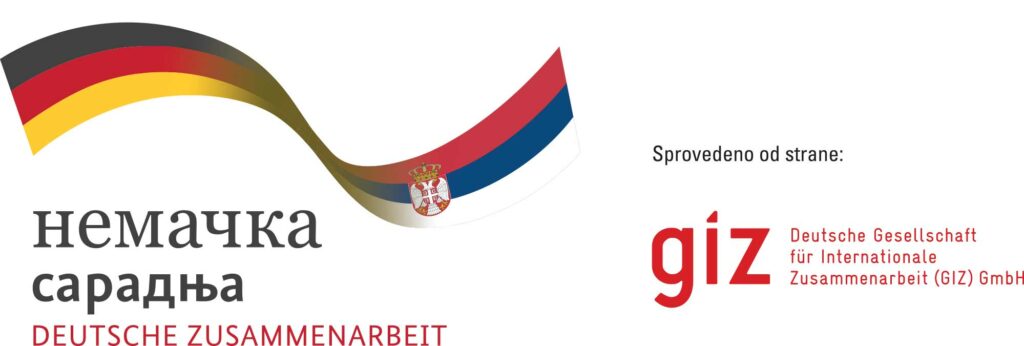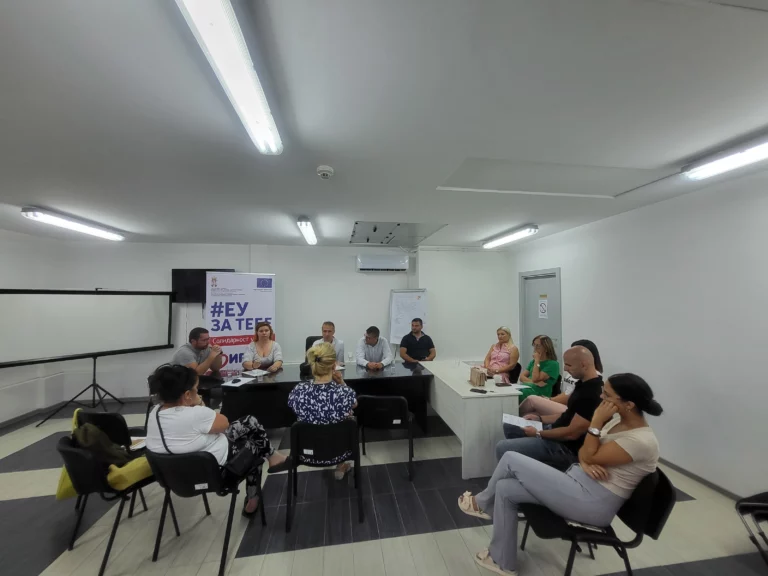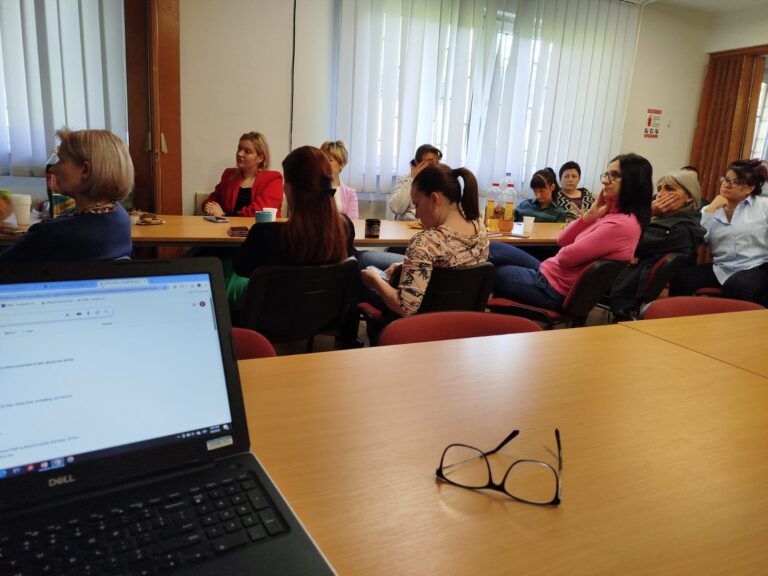On September 18, 2024, an introductory meeting (Kick-off) was held as part of the project “Improving the Qualifications and Employability of People Belonging to Harder-to-Employ Groups,” implemented by the Center for Support and Inclusion HelpNet, with the support of the German Development Agency GIZ, at the “Crystal” hotel in Belgrade. The aim of the Kick off meeting was to connect all interested parties, further elaborate on and plan the collaboration.
The meeting was attended by stakeholders, Social Welfare Centers, local government units, representatives of the National Employment Service, and many others.
Speakers included: Marija Zvijer from GIZ, Mirjana Novakov from the Republic Institute for Social Protection, Anđela Čeh from HelpNet, as well as Natasa Todorović, researcher, and Sandra Perić, expert in partner cooperation. Additionally, the results of the needs analysis of the target group were presented, along with the methodology for collaboration.
The goal of the project is to support the enhancement of professional capacities and employment opportunities for individuals from harder-to-employ groups (women, single parents, people with lower qualifications, members of national minorities, returnees, long-term unemployed, etc.) by providing information about training programs for jobs in the social welfare system, which are accredited by the Republic Institute for Social Protection.
As part of the project, two digital tools will be developed: a platform and a mobile application. The closed-type platform is intended for professional stakeholders (the Republic Institute for Social Protection, the National Employment Service, and providers of licensed training programs in social welfare) for direct and efficient exchange of information regarding interest in training, conducted training sessions, successful participants, and certification. The mobile application is aimed at interested citizens and will contain information about training programs for providing services as geriatric home helpers, personal assistants, and child caregivers, as well as details on conditions and registration procedures, and other aspects important for supporting individuals from harder-to-employ groups in achieving the project’s objectives.
The activities of this project were supported by German development cooperation implemented in Serbia by the Deutsche Gesellschaft für Internationale Zusammenarbeit (GIZ) GmbH. .






